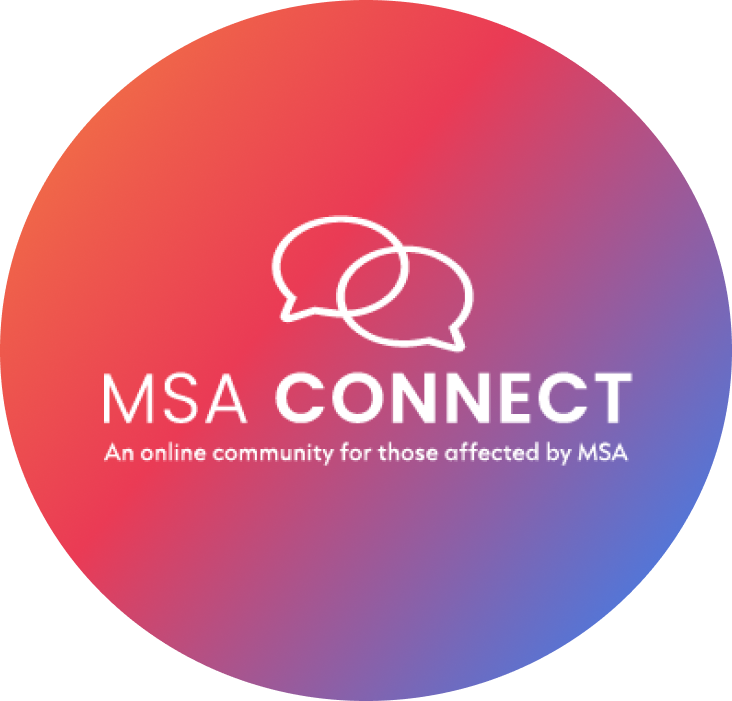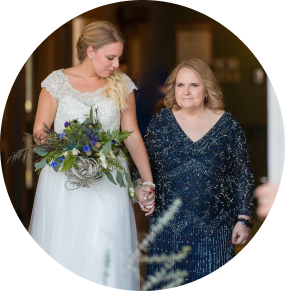What is MSA?

Join MSA Connect!

Ways to Give

Shop Our Store

Living with MSA
Multiple System Atrophy presents unique challenges to patients and their families that require lifestyle adjustments. Mission MSA is dedicated to easing this transition by offering resources to help patients assemble their care teams, effectively manage symptoms, and explore potential clinical trials. Mission MSA is here to support the MSA community in navigating the journey ahead.
Discover with Purpose
Mission MSA uses a color-coding system that is designed to guide you through our site, ensuring you can effortlessly access the information that matters most to you.
support center
explore our support center
Learning center
Explore our learning center
Hear From Our Community
Featured Testimonials

“I donate and host fundraisers for [Mission MSA] in honor of my father Drew D’Angelo’s memory. The lives of everyone in my family were directly affected by my dad’s battle with MSA, so I know first hand how hard it is. My hope is all funds raised will be donated to research for a cure, and therapies/medicines/support for those impacted by MSA. There are people out there like me, who will do whatever they can to help. I know my dad would be proud of my efforts. We won’t ever give up!”
-Alyssa Beerger, Former MSA Care Partner

“Looking for clarity, I searched the internet and…found [Mission MSA]. I learned how to cope with this incurable, progressive disease through [Mission MSA] conferences. I also learned how we all cope differently with our symptoms. Shared patient stories gave me courage and hope. It allows us to give back to other patients through our own stories. This is not a forgiving disease, and we have all lost so much already. We do not want to be pitied. What we get from [Mission MSA] is empathy, prayer and hope which we all give to each other. Laughter is there sometimes as well, which can be an important part of our therapy. MSA assaults the body in many unthinkable ways. I urge you to help us find a treatment and a cure.”
-Deborah Kroop, MSA Patient

“For patients and caregivers battling a disease like MSA, organizations like [Mission MSA] make all the difference. Access to a community of other individuals facing the same diagnosis and the unknowns that come along with it, rely on each other to make it through. The resources available are invaluable in the navigation of the diagnosis and the disease’s progression.”
-Amy Gilbert, Former MSA Care Partner

“What do you do when you are diagnosed with a rare, terminal, neurodegenerative disorder with no cure? Struck down in my early 50s with children still at home, and a career I loved but could no longer function at the same level? All the internet searches were so disheartening and most doctors have no experience with it which delays diagnosis and symptom management by years. I found Mission MSA and there were other people like me all over the world! This international group advocates for research, fundraising and provides support for patients and caregivers. This organization has given me hope.”
